The representative of the Supreme Religious Authority, Sheikh Abdul-Mahdi Al-Karbalaei, emphasized that the success of a student of religious knowledge begins with their success in disciplining the self and purifying the heart. He noted that repentance is not a temporary stage but a lifelong path that begins with self-commitment, continues with self-monitoring, and concludes with self-accountability. His remarks came during a ceremony honoring top-performing students in the central examination of the religious schools affiliated with the Religious Affairs Department of the Imam Hussain Holy Shrine. The event was attended by the Deputy Secretary-General, Sayyid Mohammad Bahr Al-Uloom, along with scholars, teaching staff, and a number of graduating male and female students.
The representative of the Supreme Religious Authority stated that “we extend our thanks and appreciation to the administrators of the religious schools, as well as the teaching and administrative staff,” noting that the total number of schools now (86) reflects the level of care and attention the Imam Hussain Holy Shrine provides to students of religious sciences.
He explained that “the foundations upon which the character of a student of knowledge is built rest on two key aspects. The first is that a student’s success begins with their success in refining the soul and rectifying the heart. Among the strongest pillars of a faithful character is the understanding that repentance is not a passing phase but a lifelong method that starts with self-commitment, continues with vigilance, and ends with self-accountability, steps that produce real transformation.” He stressed that “knowledge is a means, not an end, and inconsistency between words and actions leads to hypocrisy of the heart and deviation from the path.”
He added that “diseases of the heart, such as vanity, arrogance, envy, showing off, and attachment to worldly matters, are among the greatest dangers facing a student of knowledge. Many scholars have fallen despite their intelligence because of these afflictions. The tongue, he warned, is among the most perilous limbs, and speech must pass through the filter of piety before being spoken. Backbiting, slander, and gossip destroy a person’s relationship with God, while controlling one’s sight, hearing, hands, and steps is essential for self-discipline and uprightness.”
Sheikh Al-Karbalaei continued: “The second aspect centers on academic and professional development, built upon essential principles such as proper scholarly foundations and gradual progression.” He stressed the importance of “adhering to the curriculum, being consciously present in lessons, conducting thorough review, and avoiding haste or skipping stages out of a desire for fame.”
He pointed out that “memorization alone does not produce a scholar; rather, it is understanding, research, and verification that build true knowledge. Sincerity is the greatest key to success, and its absence has led many scholars to falter despite their capabilities. Piety, he explained, is a virtue that motivates obedience, restrains from forbidden acts, and serves as the measure of one’s genuine affiliation with the Ahlulbayt (peace be upon them).”
He further clarified that “love of the worldly life is not limited to wealth, but includes fame, praise, and leadership,” stressing that it is “one of the greatest obstacles to knowledge.” He highlighted that acquiring moral virtues such as patience, reliance on God, and having a good opinion of Him, is essential for completing one’s pursuit of knowledge. “The path of learning is arduous and long, and only those who possess patience can reach its end,” he added.
Sheikh Al-Karbalaei urged students to “make use of their time down to the minute, avoid unnecessary distractions, and fully benefit from the blessing of youth.”
He also emphasized that “a believing woman is required to combine religious and academic success with familial and social success, and her achievement is not complete without building a stable family.”
It is worth noting that the Imam Hussain Holy Shrine, under the guidance of the representative of the Supreme Religious Authority and its legal custodian, Sheikh Abdul-Mahdi Al-Karbalaei, continues, through its educational initiatives and sustained support for religious schools, to reaffirm its deep commitment to building a conscious, firmly grounded generation. A generation equipped with the religious and moral knowledge necessary to serve society and contribute to a spiritual and educational renaissance that instills the values of the Ahlulbayt (peace be upon them) in future generations.



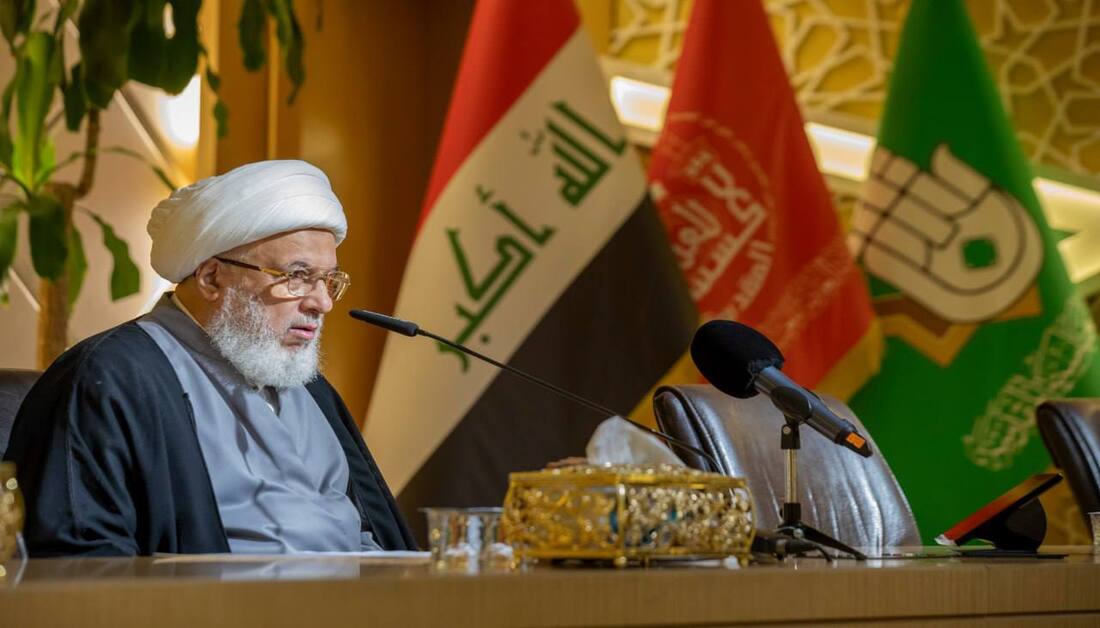
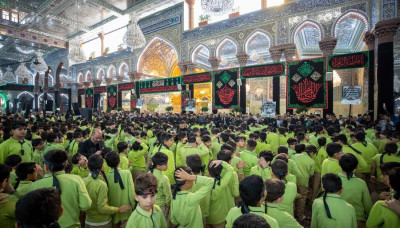
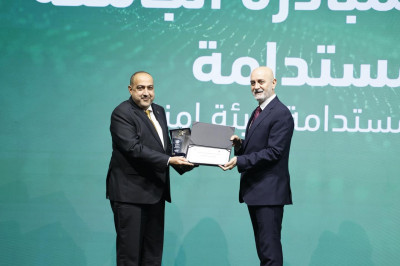
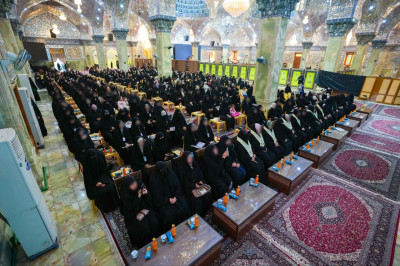
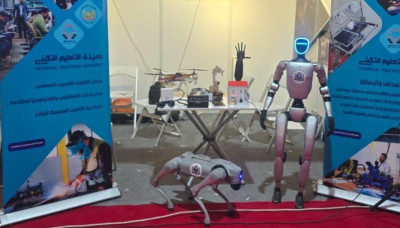
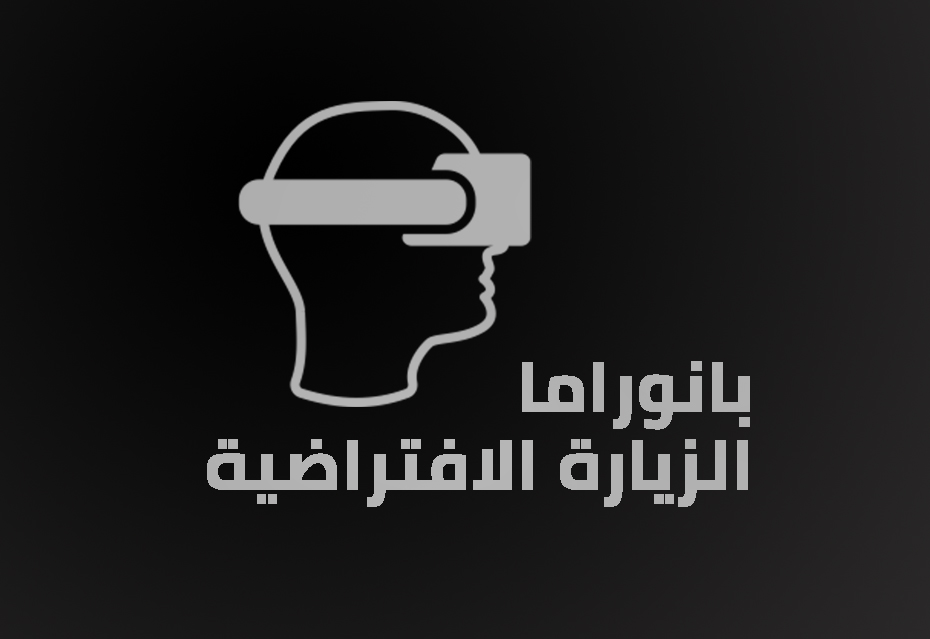

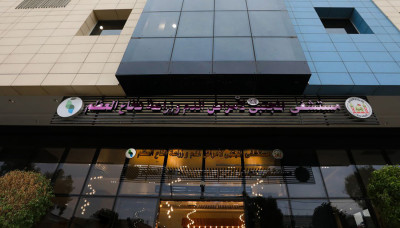
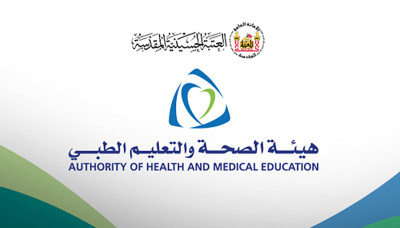
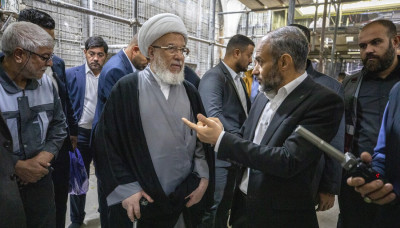
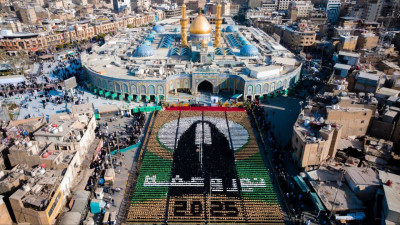
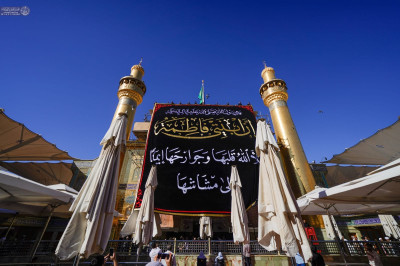
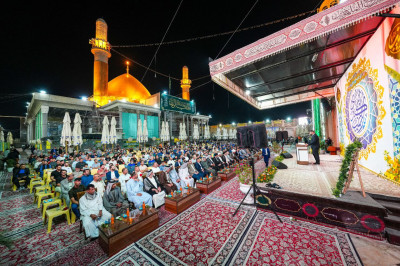
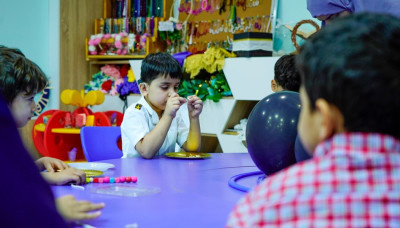

اترك تعليق